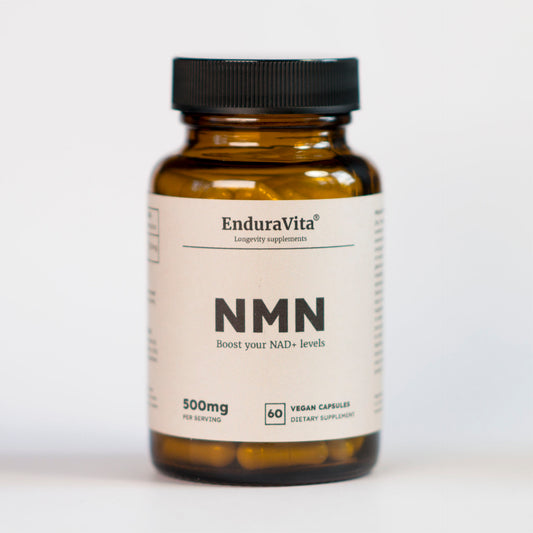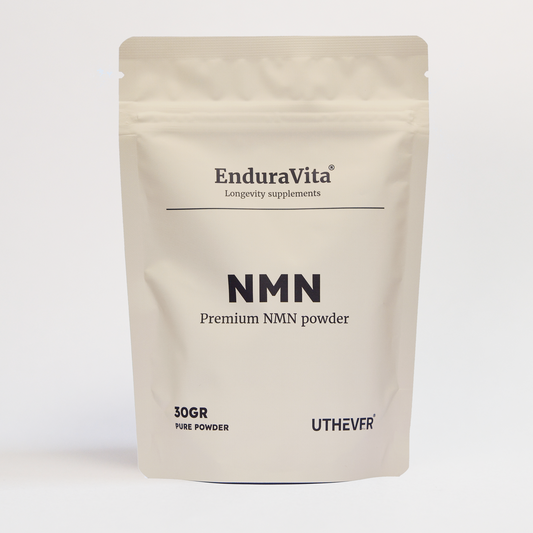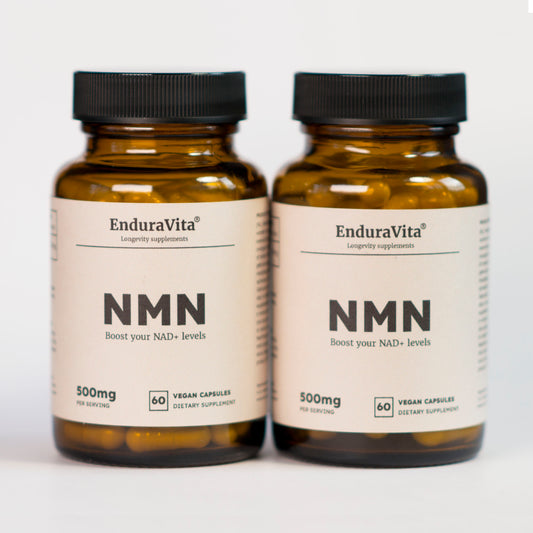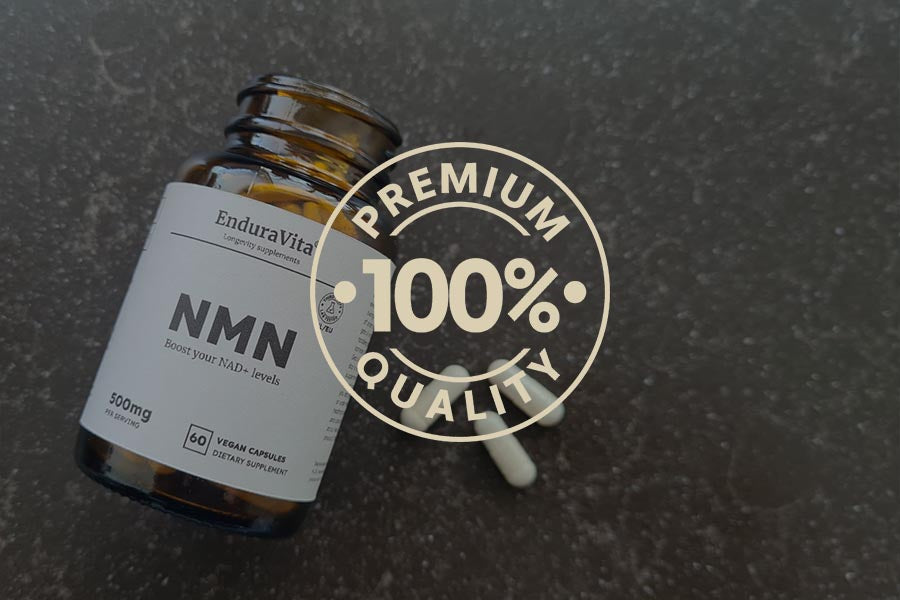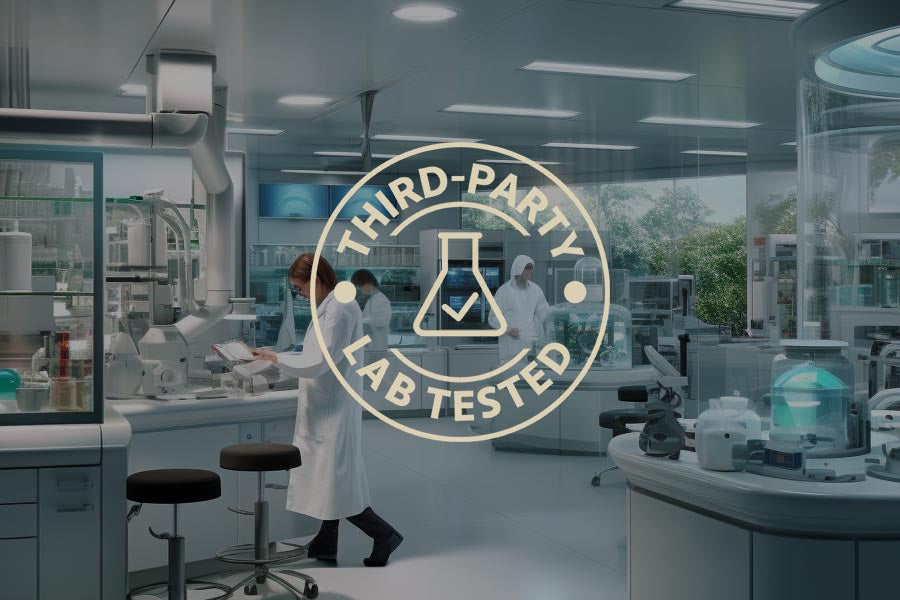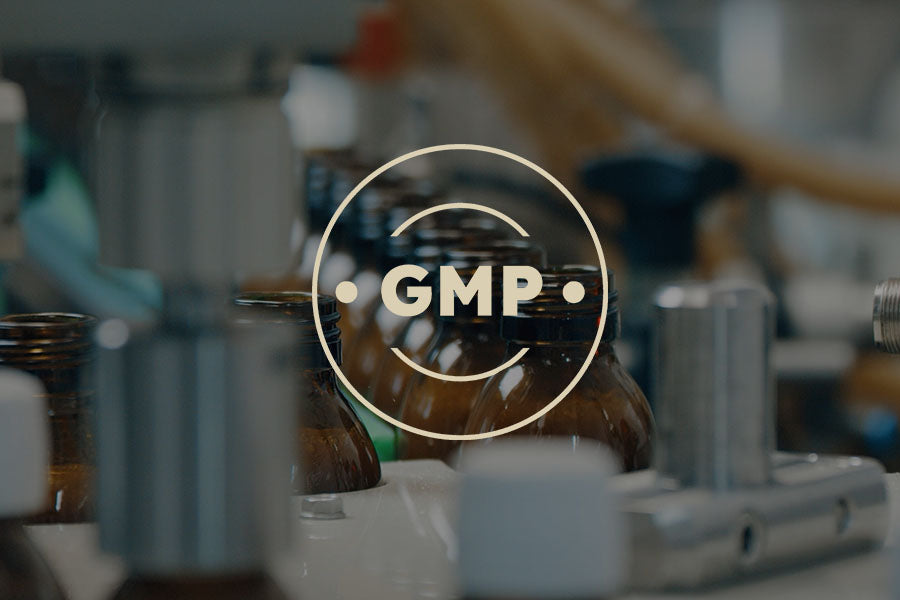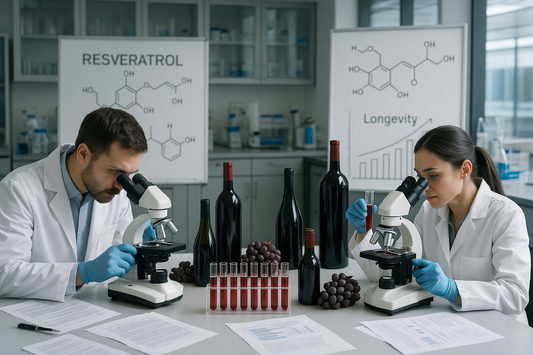
Association between sirtuins and Resveratrol
Sirtuins are a family of proteins that are crucial for maintaining cellular health and slowing down the aging process. These proteins are involved in various important functions within the cell, including DNA repair, metabolism, and protection against damage from oxidative stress. One of the most fascinating discoveries about sirtuins is the possibility of stimulating their activity with natural substances, such as Resveratrol. Resveratrol is a powerful antioxidant found in red wine and grapes, among other sources. As a proven activator of sirtuins, it is important to delve deeper into Resveratrol and the key role it plays in promoting a longer and healthier life.
What are Sirtuins
Sirtuins, also known as Silent Information Regulator T1 (SIRT1), are a fascinating group of proteins that play a significant role in regulating crucial cellular processes such as aging, inflammation, and metabolism. These proteins are of great importance for maintaining healthy cells and the body's response to stressful conditions. Originally, sirtuins were discovered in yeast, where they were involved in extending lifespan under calorie restriction. This insight opened the door to a broader study of their role in complex organisms such as humans.
There are a total of seven different Sirtuins (SIRT1 through SIRT7), and each of these proteins has a unique function in different parts of the body:
- SIRT1This sirtuin plays an important role in DNA repair, apoptosis (programmed cell death), and the regulation of metabolism, which is crucial for overall cell health.
- SIRT2This sirtuin is involved in the regulation of the cell cycle and cell survival, which is essential for the normal growth and development of cells.
- SIRT3This sirtuin promotes the health of mitochondria, which are the powerhouses of the cell, and also reduces oxidative stress, a process that causes damage to cells and tissues.
- SIRT4This sirtuin is active in regulating insulin secretion and fatty acid oxidation, both important processes in the body's energy balance.
- SIRT5This sirtuin plays a role in ammonia detoxification and the regulation of the urea cycle, which are essential for the removal of waste products from the body.
- SIRT6This sirtuin is involved in DNA repair and the maintenance of telomeres, which are the protective ends of chromosomes that play a role in aging and cancer prevention.
- SIRT7This sirtuin plays a role in ribosome biogenesis, which is the process responsible for the production of ribosomes, and the regulation of the cell cycle.
Activating these Sirtuins, for example through calorie restriction or by natural substances such as resveratrol, can contribute to slowing down the aging process and improving overall health.
The role of Sirtuins
Sirtuins play a crucial role in promoting cell health by activating various protective mechanisms. One of their main functions is reducing oxidative stress – this is a process that damages cells through the accumulation of harmful free radicals – and controlling inflammation, which is often the cause of chronic diseases and accelerates aging. By keeping these processes in check, sirtuins contribute to maintaining the health of cells and tissues.
In addition, Sirtuins are closely involved in regulating the energy balance and metabolism. This is due to their function of improving mitochondria, the energy-producing cell components within the cell. Healthy mitochondria are essential for maintaining optimal energy production and preventing cellular aging.
One of the most exciting aspects of sirtuins is their potential role in extending lifespan. Research has shown that the activation of sirtuins, for example through calorie restriction or substances like Resveratrol, can contribute to a longer life and the prevention of age-related diseases such as diabetes, cardiovascular diseases, and neurodegenerative disorders. By improving cell health and managing harmful processes such as oxidative stress and inflammation, sirtuins can play an important role in a long and healthy life.
Sirtuins and anti-aging
Sirtuins play a key role in anti-aging processes and contribute in various ways to slowing down aging and maintaining optimal health:
DNA repairSirtuins help in the repair of damaged DNA. DNA damage can accumulate due to exposure to stressors such as UV radiation and toxins. This can lead to cellular aging and dysfunctional cells. Sirtuins support the cell's repair mechanisms and help prevent the accumulation of damage, thereby maintaining healthy cell functions and preventing premature aging.
Oxidative stressSirtuins stimulate the production of antioxidants, which are the body's natural defense mechanisms against free radicals that damage cells and accelerate aging. By reducing oxidative damage, sirtuins help keep cells healthy and support the process of healthy aging.
Anti-inflammatoryChronic inflammation is a major factor in aging and age-related diseases such as cardiovascular disease and diabetes. Sirtuins play a role in regulating inflammatory responses, thereby reducing inflammation in the body. This not only helps in combating acute inflammation but also contributes to preventing the harmful effects of chronic inflammation in the long term.
Energy management- Another crucial aspect of sirtuins is their ability to improve the functioning of mitochondria – the energy factories of the cell. By making the mitochondria work more efficiently, sirtuins help increase energy production in cells. This contributes to better cell health, as well as the extension of cell lifespan.
Calorie restrictionScientific research has shown that calorie restriction can extend lifespan and improve health in later life. Interestingly, sirtuins can mimic these effects of calorie restriction, even without an actual reduction in calories. By activating sirtuins, for example through substances like Resveratrol, the health benefits of calorie restriction can be harnessed, including a longer and more vital life.
These versatile functions make Sirtuins an interesting subject for scientific research into anti-aging and improving health in later life. Due to their involvement in DNA repair, anti-inflammation, energy management, and protection against oxidative stress, Sirtuins offer a promising approach for promoting a longer, healthier life.
Sirtuins and Resveratrol
Resveratrol is a natural polyphenol found in various plants, including grapes, berries, and peanuts. Resveratrol stimulates SIRT1 activity, which ensures more efficient cell survival, reduced oxidative stress, and a better-regulated metabolism. All of this contributes to a healthier and longer life and may potentially help prevent age-related diseases.
The use of high-quality supplements, such as Resveratrol from EnduraVita, is an effective way to optimize the benefits of Sirtuins.

